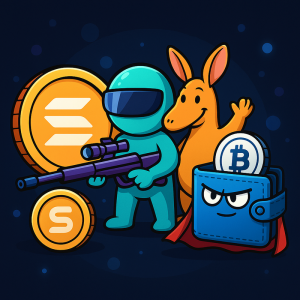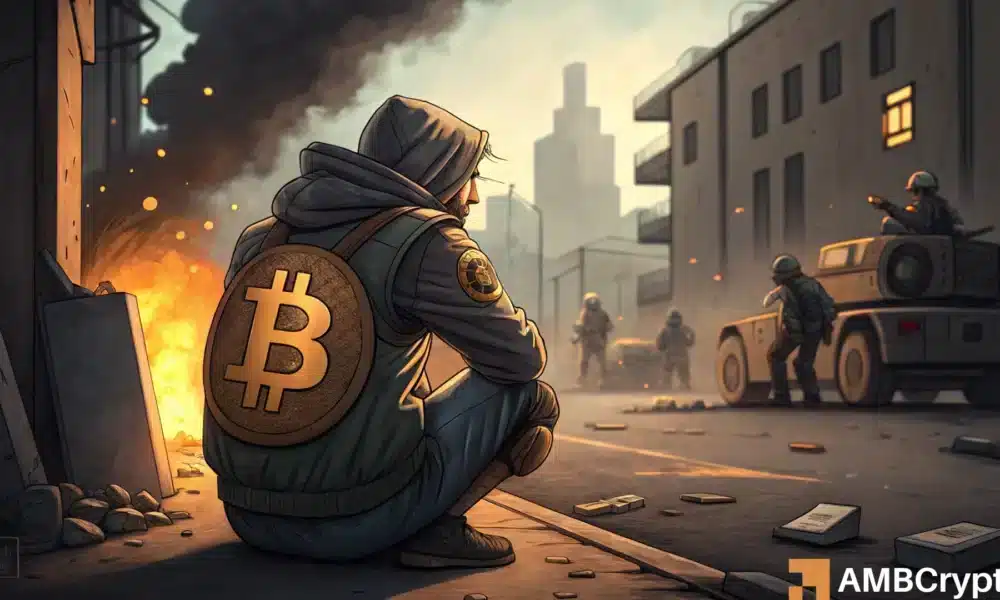- Bitcoin’s developer community is caught in a serious tug-of-war over changes to node policies.
- Where does this leave the future of BTC?
Beyond its role as a store of value or speculative asset, Bitcoin [BTC] operates atop a complex, decentralized system built around a consensus mechanism that lets a global network agree on what’s true.
For simplicity, imagine thousands of independent computers (known as nodes) that constantly verify transactions, enforce the rules, and keep the blockchain in sync.
That means a change in how one node operates can ripple across the entire network. But what happens when there’s a disagreement?
Are we looking at a hard fork that could split the community and the network apart?
Bitcoin’s delicate balance: Consensus at risk?
Before Bitcoin became a trillion-dollar asset class, it was a rebellion. It set out to rewrite how money works, ditching banks and middlemen in favor of a bunch of independent computers (aka nodes) all agreeing on what’s legit.
But you see, those rules aren’t carved in stone.
Instead, they can change. And right now, that’s exactly what some developers want to do. They want stricter rules like raising minimum fees or limiting certain transaction types, to protect against spam and keep blocks efficient.
But not everyone’s on board. Others worry this could shut out new ideas, limit how people use Bitcoin, and even cause parts of the network to stop agreeing on what’s valid.
That consensus mechanism? The very foundation of Bitcoin and the broader Web3 revolution is now walking a delicate tightrope. While the possible outcomes may be few. But the stakes? They’ve never been higher.
Possible fork ahead?
The potential outcomes of this debate are clear but high-stakes.
One way this could go is a soft fork. Basically, an upgrade that adds new rules but still works with most of the network.
Think of it like a “majority rules” situation where most nodes stay on the same page. That way, Bitcoin can keep moving forward without a big mess. But if everyone can’t agree, things could get tricky.
A hard fork could split Bitcoin into two separate chains, breaking up the network and seriously shaking up its market value. Remember, Bitcoin isn’t just some code, it’s a trillion-dollar asset with millions of people watching closely.
Naturally, any split or drama could spook investors, hurt trust, and cause the price to swing wildly.
Given Bitcoin’s scale, even a minor catalyst could cascade into a major market reaction, highlighting the high stakes behind these protocol debates.
Therefore, continuous monitoring of proposed upgrades is essential.
As long as disagreements remain behind closed doors, what you might call a “cold war,” the impact on the market tends to be contained.
However, if conflicts escalate into an open “hot war,” the price could tank fast, and millions of Bitcoin holders might have to scramble to react.
Bottom line? Staying in the loop on these updates isn’t just smart, it’s vital risk management for anyone involved with Bitcoin.










